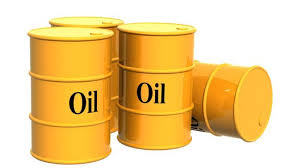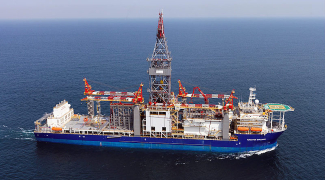
Paris — French energy group Total is conducting an audit of a pipeline that supplies its Grandpuits refinery near Paris following leaks in recent years, a spokesman said on Friday.
The audit will look at the cost of replacing the 260-km (161 miles) pipeline, the spokesman said in an email.
“The longer-term future of Grandpuits rests on the viability of the pipeline,” he said, adding that the pipeline was only operating at 70% of capacity.
The ageing PLIF pipeline brings crude oil from Le Havre port on France’s north coast to supply Grandpuits, which has a capacity of 102,000 barrels per day.
A leak last year, following a previous spillage in 2014, halted output at the refinery for several months. The facility went offline again in March for maintenance, with the outage extended to the beginning of June due to the coronavirus epidemic.
Faced with the potential cost of replacing the pipeline as France moves away from fossil fuels, Total is considering low-carbon activities for Grandpuits as an alternative to crude oil refining, Thierry Defresne, a CGT union representative at the group, said.
The group has cited as possibilities carbon capture and bio-plastics, Defresne told Reuters by phone.
Total has also referred to the potential for a second biofuel facility in France, after converting its La Mede refinery to biofuel, but without mentioning Grandpuits, Defresne added.
Total’s Egina to shoulder bulk of Nigeria’s OPEC+ production cuts
The CGT estimates the cost of replacing the pipeline at 350 million euros ($394 million), with a basic cost of 1 million euros per kilometre expected to be increased by the need to re-route the pipeline away from protected areas, Defresne said.
The group is also facing the a bill of 80 million euros to conduct major maintenance done every seven years and due by early 2021, he said.
Total had told unions it would give an update on the pipeline audit in the autumn, he added.
Follow us on twitter
- Reuters



